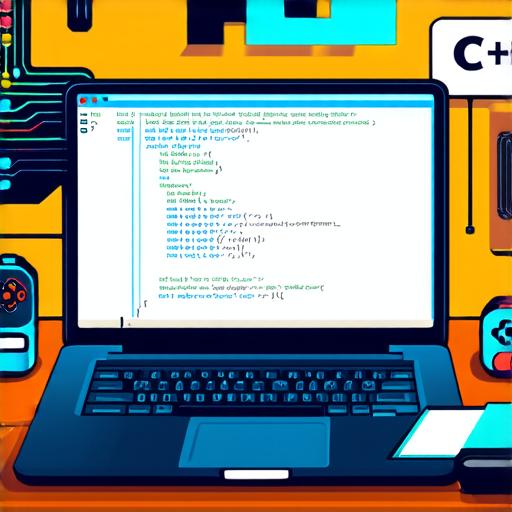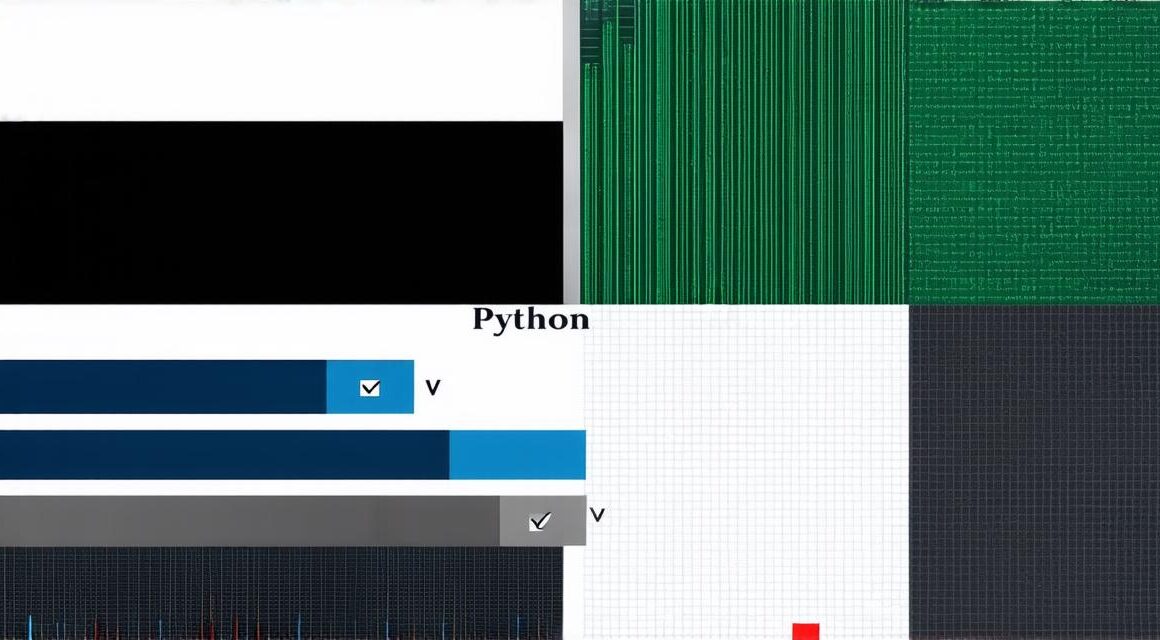Unity is a popular game engine used by developers to create 2D and 3D games, virtual reality experiences, and interactive applications.
It has a built-in scripting language that allows developers to write custom scripts for their projects. However, there has been some debate about whether C is the only programming language option available for Unity development.

C: The Default Language
C is the default programming language for Unity development. It was developed by Microsoft and was originally used as a scripting language for Windows applications. C has since been extended to include support for game development, with Unity being one of the major platforms that use C as its primary language.
One of the reasons why C is the default language for Unity is because it provides a high level of performance and scalability. It also has a strong type system, which can help prevent errors and improve code readability. Additionally, C has built-in support for multithreading, which allows developers to write efficient and responsive code for their projects.
C also has a large and active community of developers who contribute to the language’s development and provide resources and support for Unity developers. This makes it easier for newcomers to learn the language and get started with Unity development.
Other Language Options
While C is the default programming language for Unity, there are other language options available for developers who prefer to use a different language. These include:
- Boo: Boo is another scripting language that was developed specifically for game development. It is based on Python and provides a simple and easy-to-learn syntax. However, it is not as widely used as C and has limited support for some features of Unity.
- HLSL: High Level Shading Language (HLSL) is a programming language that is used to write shaders for graphics rendering. It is often used in conjunction with C to create custom visual effects and graphical user interfaces. While not a primary programming language, HLSL can be useful for developers who specialize in graphics development.
- JavaScript: JavaScript is a popular scripting language that is commonly used for web development. It can also be used in Unity to write scripts for web-based games and applications. However, it is not as widely used as C and has limited support for some features of Unity.
C vs Other Languages: A Comparison
When deciding which programming language to use for Unity development, it is important to consider the features and capabilities of each language. Here are some key differences between C and other languages:
- Performance: As mentioned earlier, C provides high-performance and scalability, making it a good choice for complex and demanding projects. However, other languages such as Boo may be better suited to less demanding projects due to their simpler syntax and lower processing power requirements.
- Community Support: C has a large and active community of developers who contribute to its development and provide resources and support for Unity developers. While other languages may have smaller communities, this can make it more difficult to find help and support when needed.
- Syntax: C has a more complex syntax than some other languages, which can be intimidating for newcomers. However, once developers become familiar with the language, they may appreciate its clarity and readability.
- Compatibility: Unity supports multiple programming languages, including C, Boo, HLSL, and JavaScript. However, some features of Unity may only be available in C, which could limit the capabilities of developers who choose to use other languages.



